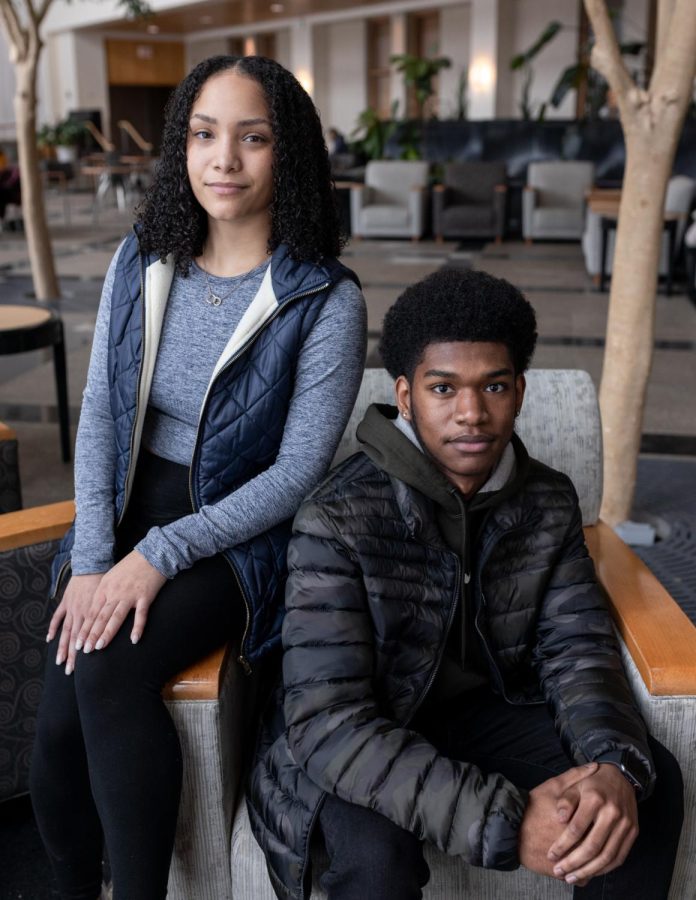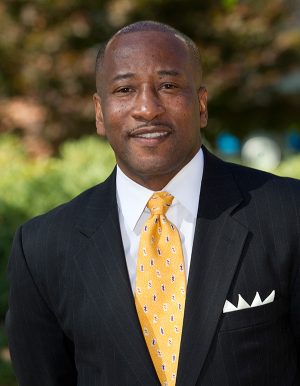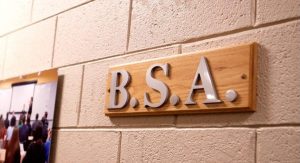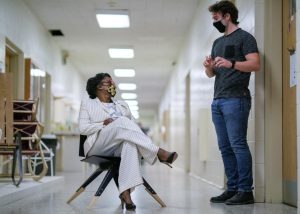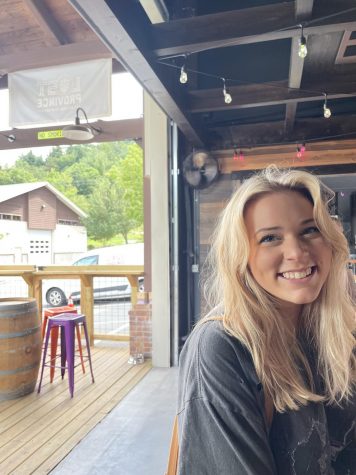Fleming scholarship offers underrepresented students scholarships for eight years
Sophomore Amaya Crawford and junior Dy’Quan Kearney pose for a portrait in the Solarium Jan. 28, 2022. Crawford and Kearney are cohorts of the 2020 Fleming Scholars class.
February 9, 2022
The Dr. Willie C. Fleming Scholarship has been vital in increasing the diversity of the university’s student body, according to numerous minority students.
Founded in 2014, the merit-based scholarship fully funds up to eight semesters of in-state tuition and expenses and provides a network of mentors and fellow students from similar backgrounds, according to App State’s scholarship page. The scholarship also hosts events focused on promoting inclusivity and provides volunteer opportunities within the community.
Gary Henderson, ‘92, ‘94, initiated the Fleming scholarship as a way to honor Fleming for his contributions to the university. During his time on campus, Fleming founded the Black Student Association as well as the App State Gospel Choir. He was also the director of Minority Affairs, currently known as the director of Multicultural Student Development.
For sophomore Dy’Quan Kearney, the Fleming scholarship made a world of difference for not only his education but his twin brother’s as well.
While applying for the program in 2020, Kearney said he recognized how difficult it would be for his parents to afford college expenses for both him and his brother.
“I probably wouldn’t have had the opportunity to finish school because, of course, college is expensive,” Kearney said. “It’s been very helpful for me as well as my family because not only was I able to go to school, but my brother was also able to go to school.”
A biology major with plans to attend medical school, Kearney also acts as a health professionals advisor helping fellow students interested in pursuing medicine.
In addition to providing funding, the Fleming scholarship prioritizes making underrepresented students feel connected by establishing a community, which is vital at a predominantly white institution, according to Kearney.
“Coming from different locations to App where there aren’t a lot of minority students, you can feel out of place and a little uncomfortable,” Kearney said. “A lot of minority students get deterred from schools like App.”
According to App State’s Diversity and Inclusion page, racially and ethnically underrepresented students make up 18.3% of the student population. However, there’s been a 66% increase in underrepresented students at the university since 2014, the same year App State founded the Fleming scholarship.
Amaya Crawford, who also received the scholarship in 2020, came to App State from Charlotte. Crawford said cultural backgrounds varied far more in her hometown compared to Boone.
“I knew coming to a PWI would be a little difficult for me just because my high school was pretty diverse. So this program just seemed like something that would allow me to meet other people and connect with other people who are from diverse backgrounds like myself,” Crawford said. “All of the people who are in charge of the program, you can tell they really care about us.”
Each scholarship recipient is paired with a mentor upon receiving the scholarship based on common interests and goals.
As SGA President and member of Black at App State, a student-led group focused on amplifying Black voices, Bailey Gardin said he has made supporting the community of underrepresented students a priority.
“In each of those roles, I really just try to listen, to try to have real conversations about the issues impacting our students,” Gardin said. “Once you get to a position of privilege, you have a responsibility to reach down to a community and help others and try to pull them back up.”
The Fleming scholarship is awarded to four recipients each year; however, those involved in the program are hoping to increase this number so the population of underrepresented students at App State can continue growing, Gardin said.
Henderson initially proposed the idea for the Fleming scholarship in 2011 as a way to benefit both underrepresented students and the university as a whole.
“I had noticed that the school’s enrollment had doubled from the time I started in 1988 to 2010, but the numbers for African American students had stayed the same or even declined,” Henderson said. “The scholarship was a way for me and many other like-minded alumni to give back to the school and also work to increase diversity and inclusion.”
Henderson developed a close relationship with Fleming during his time as an undergraduate and graduate student at App State. He said Henderson was a mentor “academically, spiritually and socially” for both himself and many other minority students.
“In talking with alumni from the 80’s, 90’s and 00’s, Dr. Fleming was overwhelmingly a positive and pervasive part of their ASU experience. I firmly believe that the giving success we have had with the Fleming Endowment/Scholarship is in large part due to it being named after Dr. Fleming and all that he did to pour into the lives of countless African American students,” Henderson said.
Fleming graduated from the university in 1980 with a bachelor’s degree in art education. He returned later to obtain his master’s in student development in 1984. In 2016, Fleming started working for the university’s Office of Diversity and Inclusion, where he later promoted diversification within the university as Chief Diversity Officer from 2018 until his retirement in 2021.

